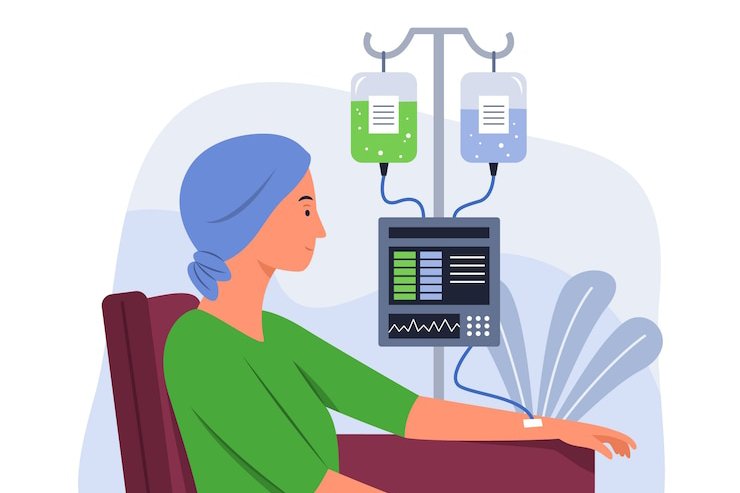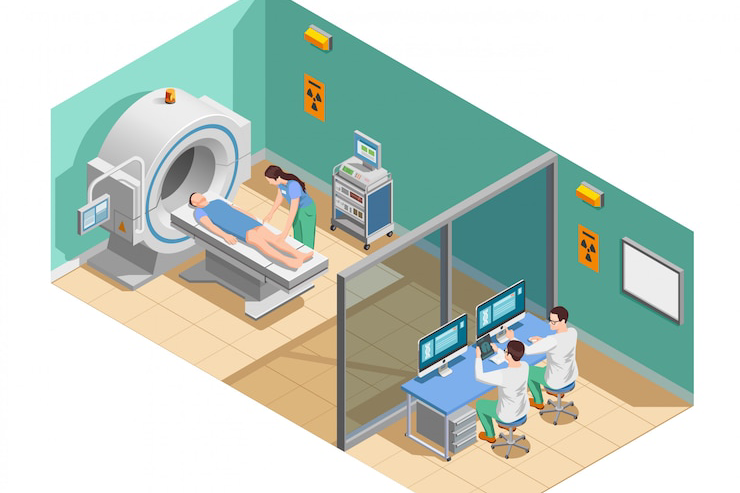Celiac Disease Explained: Symptoms, Myths & the Gluten-Free Life
Celiac disease is a serious autoimmune disorder that affects millions worldwide, yet remains underdiagnosed and often misunderstood. At ITM Hospital, our aim is to raise awareness and provide reliable information on medical conditions that affect everyday life. In this article, we explore the key aspects of celiac disease — what it is, how it manifests, how it is diagnosed, and what treatment options are available.
What is Celiac Disease?
Celiac disease is a chronic autoimmune condition where the ingestion of gluten — a protein found in wheat, barley, and rye — triggers an immune response that damages the lining of the small intestine. This damage interferes with the absorption of essential nutrients, leading to a variety of gastrointestinal and systemic symptoms.
It is important to distinguish celiac disease from gluten sensitivity or wheat allergy. Unlike those conditions, celiac disease causes an autoimmune reaction that can lead to permanent damage to the small intestine if left untreated.
Who is at Risk?
Celiac disease can develop at any age after people start eating foods or medications that contain gluten. It tends to run in families and is more common in individuals with other autoimmune conditions such as type 1 diabetes, autoimmune thyroid disease, or rheumatoid arthritis.
Both men and women can be affected, although women are diagnosed more frequently, possibly due to more frequent testing related to gastrointestinal issues.
Common Signs and Symptoms
Symptoms of celiac disease can vary greatly between individuals, which is one reason why it often goes undiagnosed or misdiagnosed. Some people experience severe digestive symptoms, while others may have more subtle or even no gastrointestinal complaints at all.
Digestive Symptoms:
- Chronic diarrhoea or constipation
- Abdominal pain and bloating
- Nausea and vomiting
- Weight loss despite a healthy appetite
- Foul-smelling, fatty stools (steatorrhea)
Non-Digestive Symptoms:
- Fatigue and weakness
- Anaemia (iron deficiency that doesn’t improve with supplements)
- Skin rash (dermatitis herpetiformis)
- Mouth ulcers
- Bone or joint pain
- Delayed growth in children
- Infertility or recurrent miscarriage
Because of this wide array of symptoms, celiac disease is often referred to as a "clinical chameleon."
How is Celiac Disease Diagnosed?
Diagnosis starts with a careful review of medical history and symptoms, followed by specific tests. Importantly, patients should not stop eating gluten before testing, as it may lead to false negatives.
Diagnostic Steps:
- Serological Tests – Blood tests check for certain antibodies (like tTG-IgA) that indicate an immune response to gluten.
- Endoscopy with Biopsy – If blood tests suggest celiac disease, a biopsy of the small intestine may be performed to confirm intestinal damage.
- Genetic Testing – HLA-DQ2 and HLA-DQ8 genes are commonly found in people with celiac disease, although their presence alone does not confirm the disease.
Treatment and Management
The only effective treatment for celiac disease is a strict lifelong gluten-free diet. This means avoiding all foods and products containing wheat, barley, and rye. Once gluten is removed from the diet, the intestinal lining begins to heal, and symptoms usually improve within weeks to months.
Gluten-Free Diet Tips:
- Read food labels carefully
- Watch out for hidden sources of gluten in sauces, soups, and processed foods
- Choose naturally gluten-free foods such as rice, corn, millet, fruits, vegetables, meats, and dairy
- Avoid cross-contamination in kitchens and restaurants
- Consult a dietitian for guidance and meal planning
With strict adherence to the diet, individuals with celiac disease can lead healthy, symptom-free lives.
Complications of Untreated Celiac Disease
If left untreated, celiac disease can lead to serious complications, including:
- Nutritional deficiencies (iron, calcium, vitamin D, B12)
- Osteoporosis
- Infertility
- Neurological issues (tingling, numbness, migraines)
- Increased risk of intestinal lymphoma and other gastrointestinal cancers
That’s why early diagnosis and treatment are crucial.
Living with Celiac Disease: A New Normal
Adapting to a gluten-free lifestyle can be challenging initially, but with the right support and resources, most people adjust well. ITM Hospital offers comprehensive diagnostic and dietary counselling services to help individuals manage celiac disease effectively.Regular follow-ups, monitoring of nutritional levels, and staying informed about gluten-free living are key to long-term health.
Conclusion
Celiac disease is a manageable condition, but it requires awareness, accurate diagnosis, and lifelong commitment to a gluten-free diet. If you or a loved one are experiencing persistent digestive or unexplained symptoms, consult our specialists at ITM Hospital. Early intervention can prevent complications and improve quality of life.
Your health is our priority. Let’s work together to build a healthier, gluten-free future.



